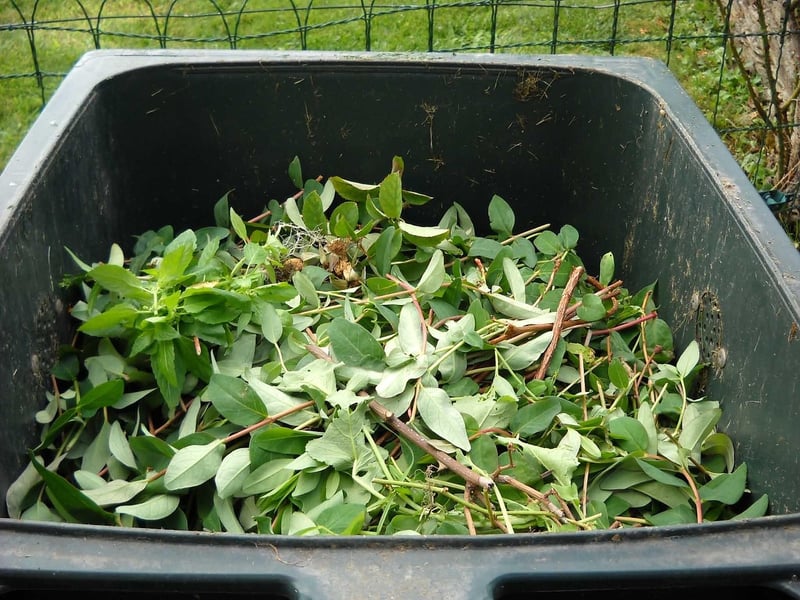Hot Composting
Recycling Organic Waste through Hot Composting
Organic waste recycling is a sustainable practice that can significantly reduce the amount of waste sent to landfills. Hot composting is a method of recycling organic waste that accelerates the decomposition process, producing nutrient-rich compost for your garden. Let's explore how you can start hot composting to recycle your organic waste effectively.
What is Hot Composting?
Hot composting is a fast and efficient way to break down organic matter using heat-loving bacteria. By maintaining optimal conditions of moisture, aeration, and carbon-nitrogen ratio, hot composting can reach temperatures between 130-160°F (55-70°C). This high heat speeds up the decomposition process, killing pathogens and weed seeds in the process.
How to Start Hot Composting
- Choose a Location: Select a dry, sunny spot with good drainage for your compost pile or bin.
- Collect Organic Waste: Gather a mix of green (nitrogen-rich) and brown (carbon-rich) materials such as fruit scraps, vegetable peels, grass clippings, and dried leaves.
- Build the Compost Pile: Layer the organic materials, ensuring proper aeration by mixing bulky and fine materials. Aim for a ratio of 2 parts brown to 1 part green.
- Monitor and Turn the Pile: Regularly check the moisture level and temperature of the compost pile. Turn the pile every 3-4 days to aerate and distribute heat evenly.
- Harvest the Compost: After 1-3 months, depending on the conditions, your compost should be ready. It will be dark, crumbly, and have an earthy smell.
Benefits of Hot Composting
- Reduced Waste: Hot composting diverts organic waste from landfills, reducing greenhouse gas emissions and environmental pollution.
- Nutrient-Rich Compost: The resulting compost is a valuable soil amendment that improves soil structure, fertility, and water retention.
- Cost-Effective: By recycling organic waste into compost, you can save money on commercial fertilizers and soil amendments.
- Sustainable Gardening: Hot composting promotes sustainable gardening practices by closing the loop on nutrient cycles and reducing the need for synthetic inputs.
Get Started with Hot Composting Today!
By embracing hot composting, you can turn your organic waste into a valuable resource for your garden while reducing your environmental footprint. Start recycling organic waste through hot composting and witness the transformation of kitchen scraps into black gold for your plants!
For more information on hot composting and sustainable gardening practices, check out Gardening Know How.

